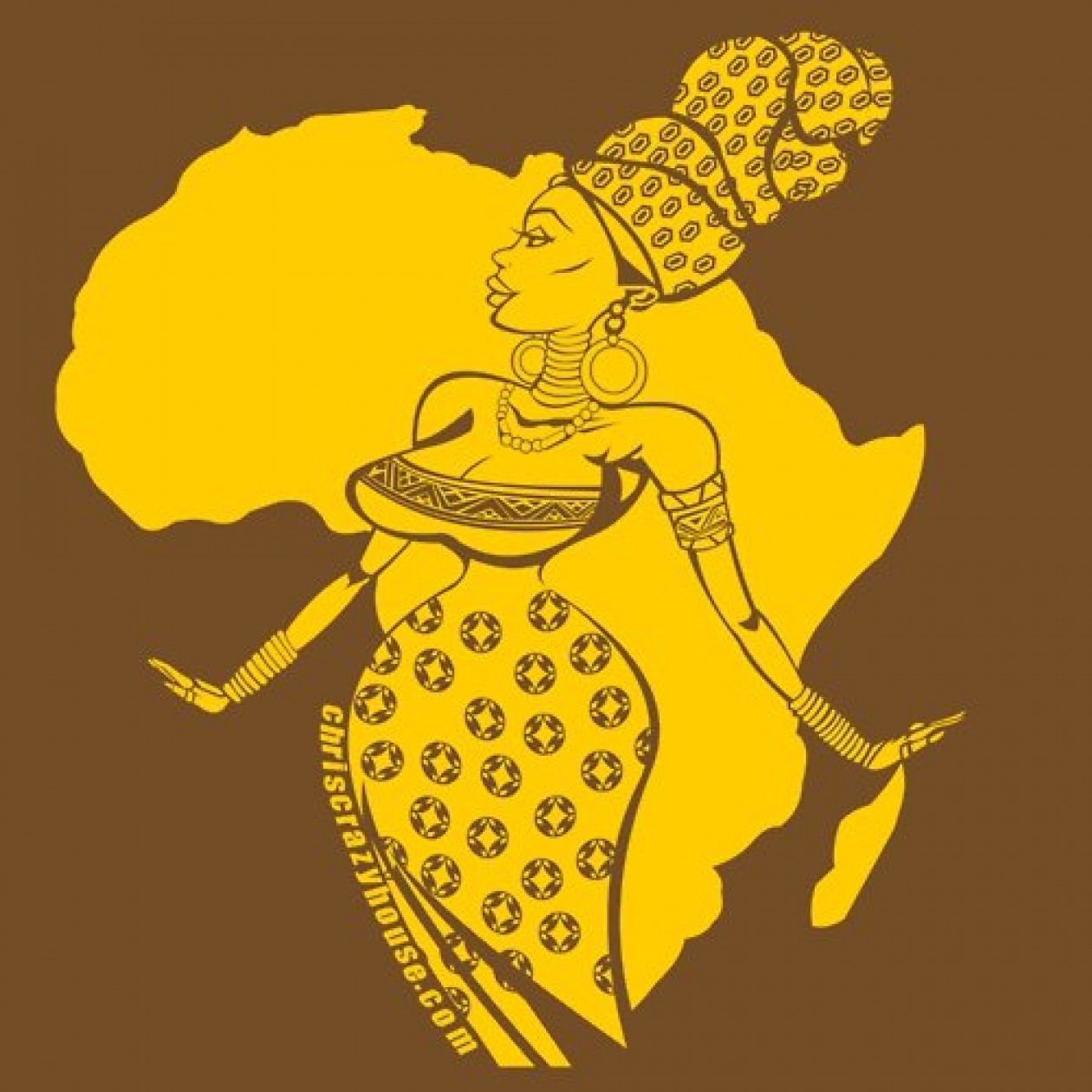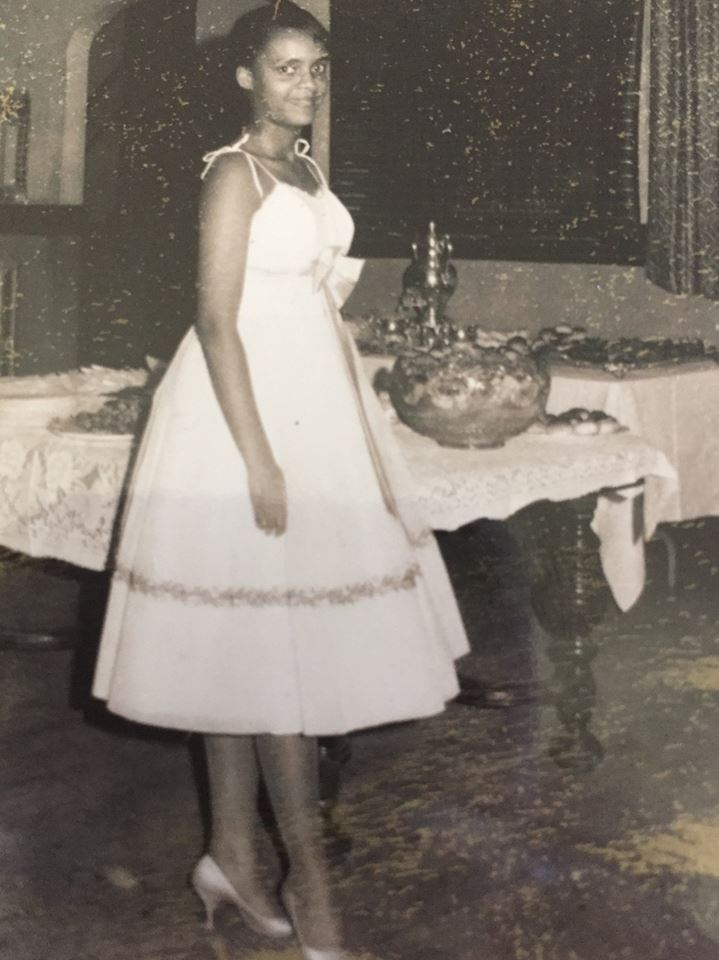As we grow older we keep trying to live like we always have lived. We keep trying to clean our houses, bake those cakes, whip up a big Sunday dinner, rearrange the furniture in the house, do that “big clean” that women used to do for their homes, put a new coat of paint on the house in the spring, walk a couple of blocks to the store from home, feed the animals on the farm, herd cattle, play competitive sports, or change a tire or the oil on the car, shop six stores until we find what we want for our kids, then grandkids. . . the list is endless.
We live that way because all we can judge our future on are what our past experiences were. If we were prolific shoppers we can’t see how that would ever change. If we repaired cars all our lives, we never think that there will come a day when that’s no longer possible. We came from large families and had large families ourselves, and Sunday dinners were the way we met and grew up with our cousins and other relatives so we want to continue those traditions.
What we don’t envision is that our bodies, or our minds, and sometimes both, just . . . wear out. It’s our children, or younger folk who try to convince us that all those things are no longer possible, but we just keep thinking, my legs will get better, my back won’t hurt so much, I’ll feel better tomorrow, I’ll be stronger after I get some sleep, or the catch-all, I just need some rest for a couple of days.
Our minds won’t let us see that we’re winding down even though we probably recognized those same symptoms in our parents, or siblings, or our mates. And, from experience, I can tell you that this is the most frustrating time of life . . . that time when you have to convince someone to do what’s probably best for them while they still have the most control over their lives.
I remember when Daddy, who was driving from the time he was about 14-15 years old (early 1900s), refused to give up driving even though his sight was failing and my sister thought he was going to hurt himself or someone else. For years after he finally stopped driving, he kept up the insurance on his car, which was safely parked at my sister’s home, because he thought he might need it some day; he even kept it maintained and tuned and my brother-in-law would drive it just to keep it working.
My mother was another who wanted to control how she lived even though she lived with me for several years. When my husband’s job transferred him to another state, she was deliberately dragging her feet to stall our moving even after our house was sold. She never moved with me because, being from the south, and we were moving south, she was convinced that she didn’t want to live there ever again. She ended up in a nursing home, more alienated than comfortable, with her mind dwindling years before her body finally gave in.
My eldest sister thought she could stay by herself, but she was never really able to take care of herself so her oldest son and his wife finally convinced her to move in with them.
My sister-in-law tells me that after they convinced her to move in with her, her mother still tried to move the furniture around in the house, or cook big meals (she loved to cook), and walk to the store or around the shopping malls. No matter how many times they told her that she shouldn’t try that she kept trying.
We live according to how we experienced life. We may have bred the best cattle, or run the most lucrative business, or raced the biggest and best cars, or boxed and won weighted titles, but there comes a time when people around us are advising us that, although we had dozens of record hits on the charts over the years, we can no longer hold those notes. The changes in one’s body can no longer absorb those heavy blows of a 20-something-year-old when one is in their 40s or 50s.
All that money we earned is now being siphoned off by people who are witty and charming and scam artists of the worst kinds, because we can’t see anything but loneliness and yearn for the comfort of a cuddling touch.
I’ve read about the vilest of predators alive. There are actually people who’ve never met you, but who are able to research the public records to find seniors and elders who have homes they still live in and lives they are still capable of managing, being suddenly made homeless. Seniors who become powerless because someone they never knew was legally able to go before a judge and get them labeled as incompetent, along with becoming their power of attorney. Now, with the help of a judge who gets some kind of profit from the process, people can have you evicted and take all your stuff. These horrid people remove the seniors from their homes, have them committed, and take all their property even though they have living children who look in on them to make sure they’re still able to take care of themselves. Even the children are locked out of the proceeds of the house and property because the judge has no honor in overseeing such thefts.
Each generation faces this and few of us are prepared. We don’t have our living trusts and wills done and checked each year to make changes according to the deaths of possible beneficiaries. We live as if we will live forever and some people, like my mother, even refuse to talk about death or preparing for end-of-life events as if ignoring them will keep it from happening.
My sister was recently widowed and I see her now in this horrible pit of decision-making and my heart breaks watching her falter and push back against those who are willing to help her secure the last phase of her life, because she can’t see how quickly her choices have narrowed with the death of her husband. Those around her can see clearly that she will probably be better off to sell her home, bank the money, move in with her daughter (who’s quite willing to take her in), and use that money so that she and her daughter can have fun, or travel, or go to movies, or decorate the homes of people in their community, or just . . . sleep in if they feel like it. Most importantly, she won’t have to pinch pennies for the rest of her life. Too, there’s no more frantic decisions to be made if the roof leaks on her home, or the basement floods, or something happens with the plumbing. But she continually stalls while she rearranges her things as if life will get back to “normal” when there is now a new norm, and she no longer has the control she long ago relinquished to her sweet husband and partner of over 50 years. It is SHE who now has to be the decision-maker and she needs to make the most important decision NOW for what happens in the few years she has left. She no longer has the luxury of being indecisive.
She, also, has a very close friend (they’re both in their eighties) who also lives alone and, although she has considered moving into a more secure environment, she still thinks she’ll be able to manage on her own for a while longer even though she has physical issues that may bring that to an end sooner than she plans. But, like my sister, she’ll walk around her house and away from her phone while people who love and care about her welfare have no way of knowing if either of them are safe as the phone rings on their end and goes to voice mail when they’re checking up on them.
Over the years I’ve seen where parents make changes in their lives to benefit their children while they’re more able-bodied and financially secure, and it has benefitted them all, so I know it’s not only possible, it’s beneficial. They moved in with their children, or moved to a senior residential area, and enjoyed a more carefree life. They removed the worries about their homes being in disrepair, or one of them falling and being unable to reach the phone they left on a nearby table as they lay there for days hoping someone will rescue them; or, someone breaking into their homes because they’re easy targets to nefarious beings who are observing them from a distance and planning to pounce.
I’ve always hoped I’d be a more sensible person when it came to that time of life. That I would have a house where one of my kids will come to live with us and help manage daily life until we were no longer able to do that, and then the kids will have the property to sell and split the profits because I was smart enough to do a living trust as well as a will (to cover what the trust doesn’t).
So, don’t wait until you’re old, or nearing retirement, or retired, or in ill-health, or suffering bouts of forgetfulness that’s actually the beginning of Alzheimer’s. And when someone dies that you have bequeathed something to, you get to remove those people from your trust and reallocate those things to someone else. Be pro-active and prepare your living trust, AND A WILL, and put it on your calendar to review it the same time every year so it becomes habit and when your time on earth ends it’ll be up to date and nothing falls into the state coffers, bypassing your children or loved ones. But most important, no one can come in and take what you’ve worked so hard for and leave you destitute when you need it most.
I sure hope my sister and her friend make those important decisions sooner vs later.
#BeProActive
#LivingTrusts
[See: https://www.nolo.com/legal-encyclopedia/living-trust-v-will.html, and also https://www.nolo.com/legal-encyclopedia/elder-abuse-financial-scams-against-29822.html, and also https://www.newyorker.com/magazine/2017/10/09/how-the-elderly-lose-their-rights, and also https://www.aarp.org/caregiving/financial-legal/info-2018/court-ordered-guardianship-separates-family.html]
Key words: Death, living trusts, living will, elder abuse, end of life issues, elder predators, dishonest judges




